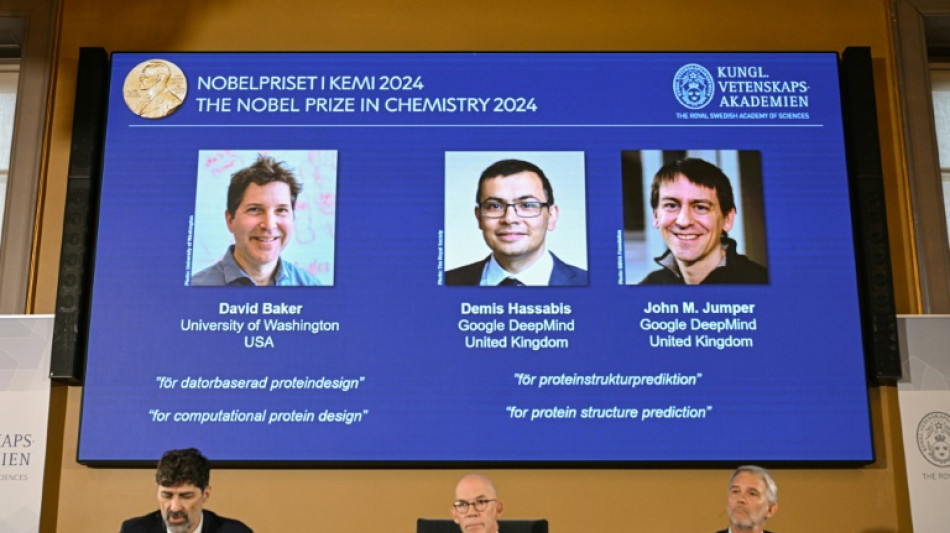
-
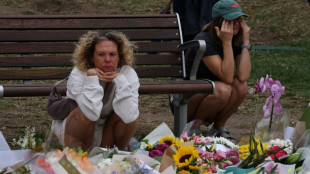 Australian PM says 'Islamic State ideology' drove Bondi Beach gunmen
Australian PM says 'Islamic State ideology' drove Bondi Beach gunmen
-
Canada plow-maker can't clear path through Trump tariffs
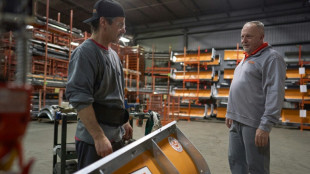
-
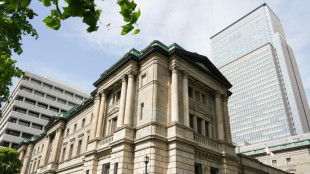 Bank of Japan expected to hike rates to 30-year high
Bank of Japan expected to hike rates to 30-year high
-
Cunningham leads Pistons past Celtics

-
 Stokes tells England to 'show a bit of dog' in must-win Adelaide Test
Stokes tells England to 'show a bit of dog' in must-win Adelaide Test
-
EU to unveil plan to tackle housing crisis

-
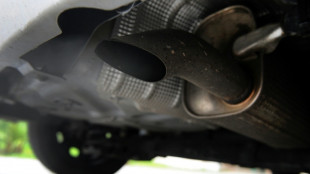 EU set to scrap 2035 combustion-engine ban in car industry boost
EU set to scrap 2035 combustion-engine ban in car industry boost
-
Australian PM visits Bondi Beach hero in hospital
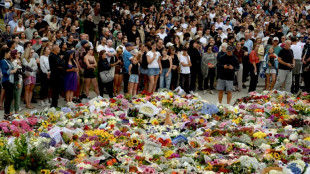
-
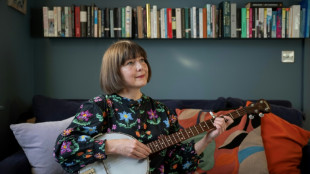 'Easiest scam in the world': Musicians sound alarm over AI impersonators
'Easiest scam in the world': Musicians sound alarm over AI impersonators
-
'Waiting to die': the dirty business of recycling in Vietnam
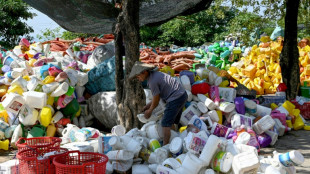
-
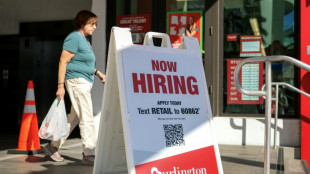 Asian markets retreat ahead of US jobs as tech worries weigh
Asian markets retreat ahead of US jobs as tech worries weigh
-
Security beefed up for Ashes Adelaide Test after Bondi shooting

-
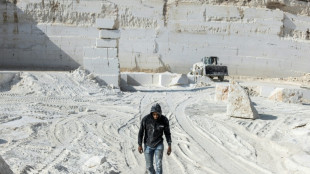 Famed Jerusalem stone still sells despite West Bank economic woes
Famed Jerusalem stone still sells despite West Bank economic woes
-
Trump sues BBC for $10 billion over documentary speech edit
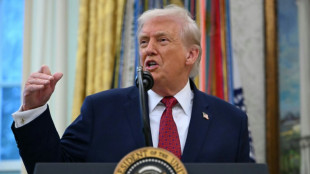
-
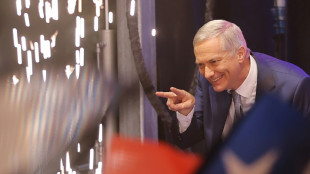 Chile follows Latin American neighbors in lurching right
Chile follows Latin American neighbors in lurching right
-
Will OpenAI be the next tech giant or next Netscape?
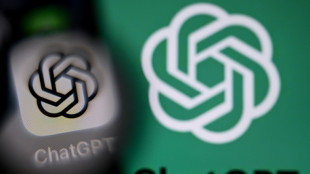
-
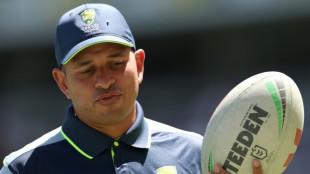 Khawaja left out as Australia's Cummins, Lyon back for 3rd Ashes Test
Khawaja left out as Australia's Cummins, Lyon back for 3rd Ashes Test
-
Australia PM says 'Islamic State ideology' drove Bondi Beach shooters
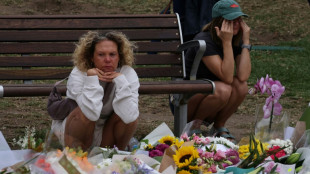
-
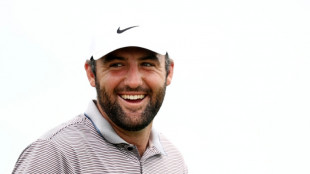 Scheffler wins fourth straight PGA Tour Player of the Year
Scheffler wins fourth straight PGA Tour Player of the Year
-
Security beefed up for Ashes Test after Bondi shooting

-
 Wembanyama blocking Knicks path in NBA Cup final
Wembanyama blocking Knicks path in NBA Cup final
-
Amorim seeks clinical Man Utd after 'crazy' Bournemouth clash

-
 Man Utd blow lead three times in 4-4 Bournemouth thriller
Man Utd blow lead three times in 4-4 Bournemouth thriller
-
Stokes calls on England to 'show a bit of dog' in must-win Adelaide Test

-
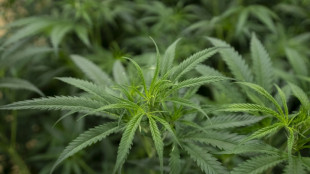 Trump 'considering' push to reclassify marijuana as less dangerous
Trump 'considering' push to reclassify marijuana as less dangerous
-
Chiefs coach Reid backing Mahomes recovery after knee injury

-
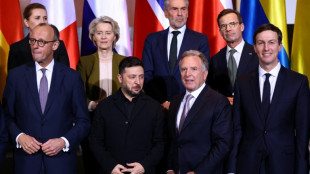 Trump says Ukraine deal close, Europe proposes peace force
Trump says Ukraine deal close, Europe proposes peace force
-
French minister urges angry farmers to trust cow culls, vaccines

-
 Angelina Jolie reveals mastectomy scars in Time France magazine
Angelina Jolie reveals mastectomy scars in Time France magazine
-
Paris Olympics, Paralympics 'net cost' drops to 2.8bn euros: think tank
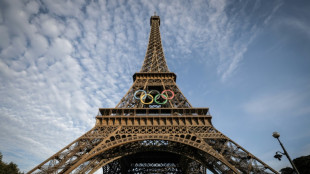
-
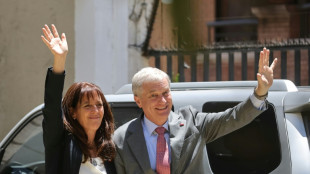 Chile president-elect dials down right-wing rhetoric, vows unity
Chile president-elect dials down right-wing rhetoric, vows unity
-
Five Rob Reiner films that rocked, romanced and riveted
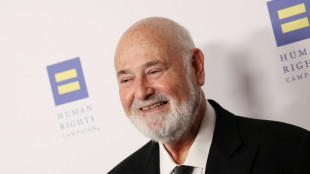
-
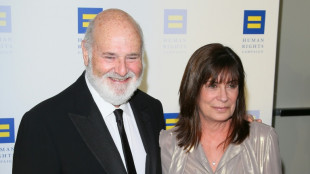 Rob Reiner: Hollywood giant and political activist
Rob Reiner: Hollywood giant and political activist
-
Observers say Honduran election fair, but urge faster count

-
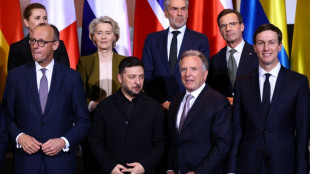 Europe proposes Ukraine peace force as Zelensky hails 'real progress' with US
Europe proposes Ukraine peace force as Zelensky hails 'real progress' with US
-
Trump condemned for saying critical filmmaker brought on own murder

-
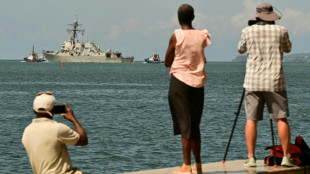 US military to use Trinidad airports, on Venezuela's doorstep
US military to use Trinidad airports, on Venezuela's doorstep
-
Daughter warns China not to make Jimmy Lai a 'martyr'
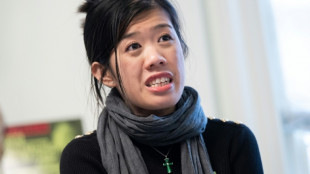
-
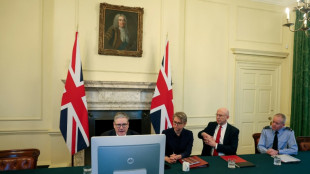 UK defence chief says 'whole nation' must meet global threats
UK defence chief says 'whole nation' must meet global threats
-
Rob Reiner's death: what we know
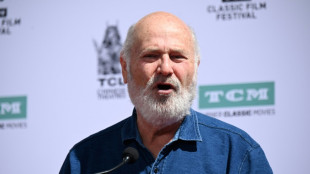
-
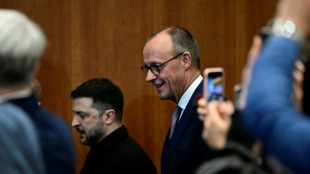 Zelensky hails 'real progress' in Berlin talks with Trump envoys
Zelensky hails 'real progress' in Berlin talks with Trump envoys
-
Toulouse handed two-point deduction for salary cap breach

-
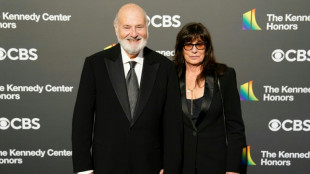 Son arrested for murder of movie director Rob Reiner and wife
Son arrested for murder of movie director Rob Reiner and wife
-
Stock market optimism returns after tech selloff but Wall Street wobbles
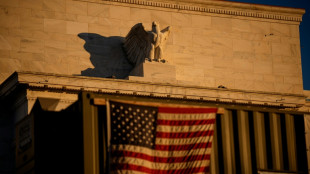
-
 Clarke warns Scotland fans over sky-high World Cup prices
Clarke warns Scotland fans over sky-high World Cup prices
-
In Israel, Sydney attack casts shadow over Hanukkah
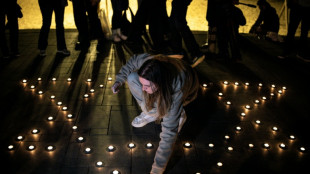
-
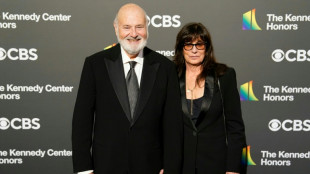 Son arrested after Rob Reiner and wife found dead: US media
Son arrested after Rob Reiner and wife found dead: US media
-
Athletes to stay in pop-up cabins in the woods at Winter Olympics
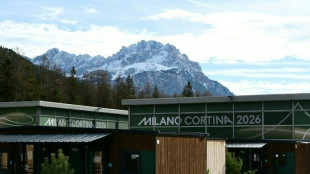
-
 England seek their own Bradman in bid for historic Ashes comeback
England seek their own Bradman in bid for historic Ashes comeback
-
Decades after Bosman, football's transfer war rages on


Nobel winners hope protein work will spur 'incredible' breakthroughs
The winners of the Nobel Prize in Chemistry for work revealing the secrets of proteins through artificial intelligence said Wednesday they hoped their research would "open the door to many incredible scientific breakthroughs".
But they also warned of the dangers of AI, saying that while it had "extraordinary potential for good", it could also have negative effects if allowed to develop unchecked.
Americans David Baker and John Jumper, together with Briton Demis Hassabis, were honoured for cracking the code behind the structure of proteins, the building blocks of life.
The jury hailed their work as holding "enormous potential" in a range of fields.
At a press conference in London following the announcement, Jumper said the prize "represents the promise of computational biology".
"We want to make the world a better place, and we have these incredibly powerful tools to do it. We're ultimately going to make people healthy because of the work we do with AI," he added.
"I hope this is just a sign that we have opened the door to many incredible scientific breakthroughs."
Their work could have particular importance in the field of drug discovery, noted Hassabis.
"We think there's a huge potential there to revolutionise the way drug discovery is done, and try and shorten it down from almost a decade or more of work to... maybe months," he said.
AI particularly lends itself to molecular biology because it is able to identify "patterns that we never see," said Jumper.
"Medicine is hard because we don't understand how the body works in its extraordinary complexity," he added, calling their work "a step towards doing that".
- Late call -
Both Jumper and Hassabis said they had given up on getting the call, as the minutes ticked down to the announcement.
"I don't think they had either of our numbers, funnily enough," said Hassabis.
"So we got the call very late. We just thought 'it's not happening', or at least I did."
Jumper said that he was still waiting with only 30 minutes to go.
"I turned to my wife, and I said: 'Well, I guess it's not this year'.
"And then 30 seconds later, I got this phone call from Sweden, and I absolutely could not believe it."
Hassabis, 48, said his gaming background was the foundation of his computational expertise, and encouraged children to follow a similar path.
"I would actually encourage kids to play games, but not just to play them, but the most important thing is to try and make them.
"It's just a really fun way to get into the guts of how computers work," he added.
However, Hassabis sounded a note of caution about AI, which he called "one of the most transformative technologies in human history".
It has "the extraordinary potential for good... but also it can be used for harm," he said, warning "we have to really think very hard as these systems and techniques get more powerful".
"I'm a big believer in human ingenuity," Hassabis added, arguing "given enough time and enough resources and enough smart people", humanity can solve many of its most vexing problems.
O.Norris--AMWN


